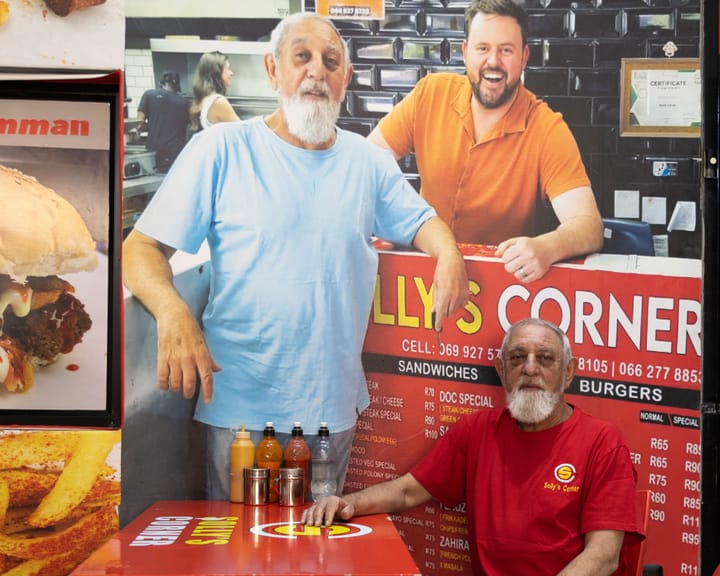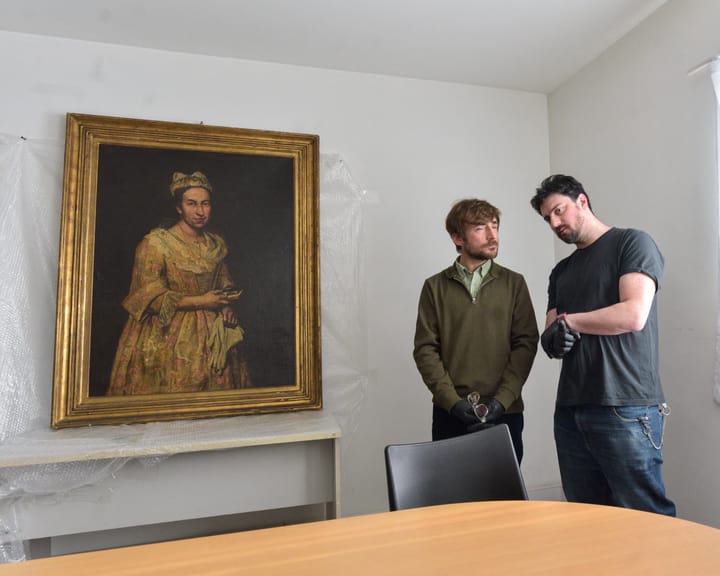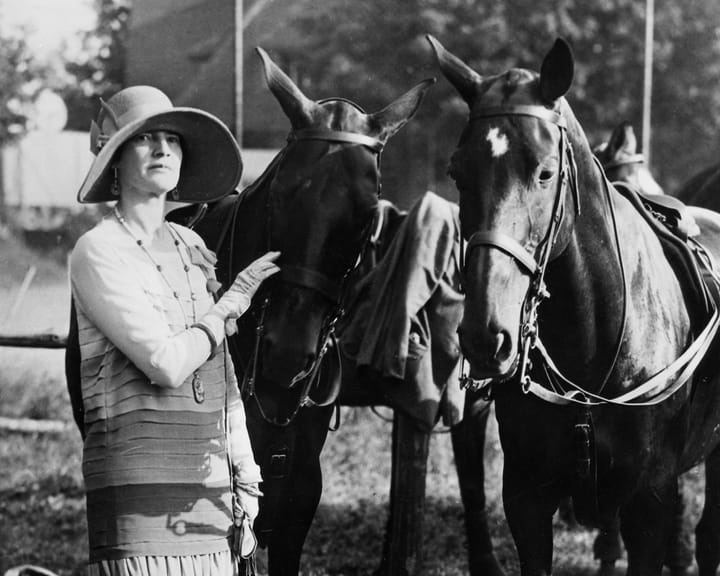Keir Starmer’s chief negotiator on European matters has expressed enthusiasm about the possibility of a youth mobility agreement, signaling a shift toward stronger ties with the EU.
Nick Thomas-Symonds, the Cabinet Office minister overseeing Britain’s relationship with the bloc, stated on Wednesday that he was eager to finalize a deal allowing young people to work and travel more freely across Europe.
His remarks mark a contrast from just months ago, when the government avoided confirming whether it would even discuss such an arrangement.
The comments came during a speech in which he pledged to secure a new agricultural export agreement by early 2027, as officials increasingly voice their aim of closer cooperation with Brussels.
“I’m very excited that the youth [scheme] offers excellent opportunities for British citizens to experience different cultures abroad. It’s going to be remarkable,” Thomas-Symonds said.
“I would urge colleagues across all parties to highlight the benefits for young people in the UK.”
Thomas-Symonds has been leading talks on Starmer’s efforts to reset EU relations, which earlier this year resulted in plans for negotiations on both a farming trade deal and youth mobility.
He confirmed on Wednesday that he aimed to finalize the new export agreement within 18 months.
British negotiators will seek exemptions from certain EU regulations, such as restrictions on genetically modified crops, while France may push for the UK to abandon its pre-election stance on banning foie gras imports.
Thomas-Symonds acknowledged that Britain would request exceptions but emphasized that the country intended to align with evolving EU rules, ensuring regulations adjust accordingly in the future.
The idea of regulatory alignment was long opposed by Brexit supporters, who argued it meant relinquishing control to Brussels. However, Thomas-Symonds defended the approach, stating: “We choose to align with high shared standards because it benefits our economy and supports businesses nationwide.”
His openness to a youth mobility deal differs from recent hesitation among officials, who avoided the topic over concerns about reigniting debates on free movement.
The shift reflects growing confidence within Labour that they can make the case for closer EU relations, even as they grapple with countering Nigel Farage’s stance on immigration.
“Nigel Farage refuses any cooperation with the EU… because he wants Britain to fail,” Thomas-Symonds said.
Pressed to respond to Farage’s recent remarks about asylum seekers, he did not provide a direct rebuttal.
Read next

"TikTok star highlights political power of South Africa's unsung culinary treasures"
Solly’s Corner, a popular eatery in downtown Johannesburg, was busy. Pieces of hake and crisp fries crackled in the fryer, green chillies were chopped, and generous amounts of homemade sauce were spread onto filled sandwiches.
Broadcaster and food enthusiast Nick Hamman stepped behind the counter, where Yoonas and Mohammed

Nazi-looted 18th-century portrait found in Argentina after 80 years
There was nothing particularly unusual about the middle-aged couple living in the low, stone-covered villa on Calle Padre Cardiel, a quiet street in the tree-lined Parque Luro neighborhood of Mar del Plata, Argentina’s most well-known coastal city.
Patricia Kadgien, 58, was originally from Buenos Aires, roughly five hours north.

"An aristocrat hid her Jewish lover in a sofa bed amid daring acts of German resistance to the Nazis"
Resistance in the Shadows: Germans Who Defied the Nazis
Growing up, our home had a steadfast rule: nothing German was permitted. No appliances from German manufacturers in the kitchen, no cars from German automakers in the driveway. The decree came from my mother. She was not a survivor of the

